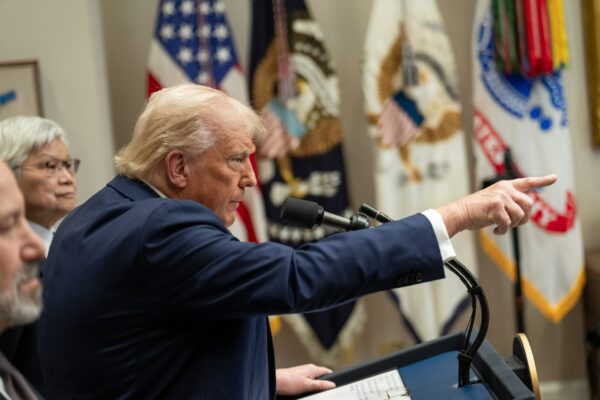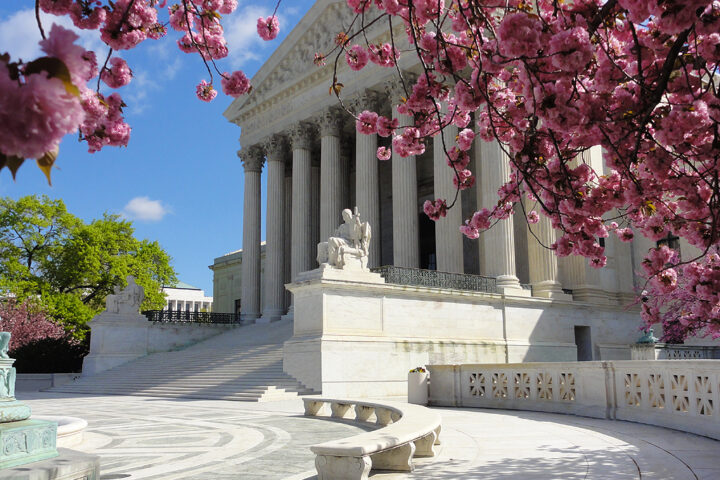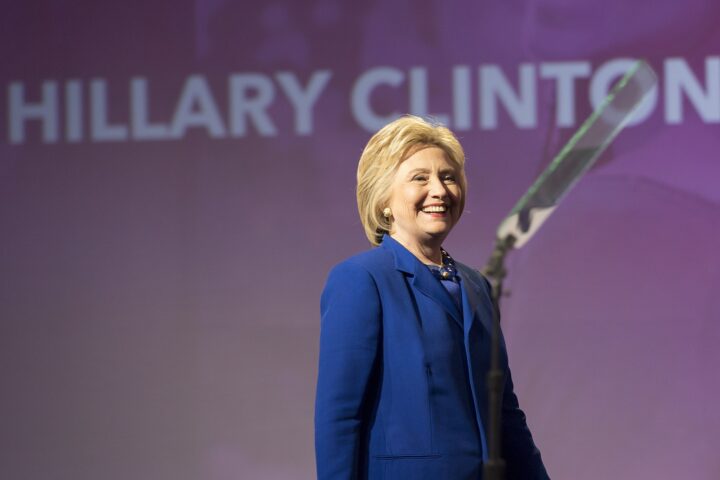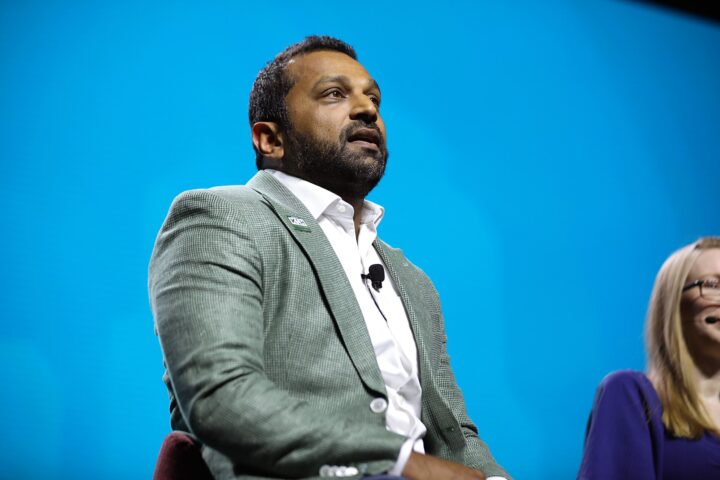President Donald Trump on Thursday reportedly leveled serious accusations against Congressional Democrats, alleging they leaked classified intelligence related to last weekend’s U.S. airstrikes on Iranian nuclear facilities.
Trump, posting on Truth Social, described the strikes as having “totally obliterated” the sites and demanded that “the Democrats … should be prosecuted,” though he did not specify any individuals or present evidence linking them to the leak.
The controversy stems from reports on an early Defense Intelligence Agency assessment that contradicted Trump’s public assertions.
The preliminary document suggested the airstrikes—code-named “Operation Midnight Hammer” and carried out by B-2 bombers and Tomahawk missiles against Natanz, Fordow, and Isfahan—likely set back Iran’s nuclear program by just a few months rather than eliminating it entirely.
The leak stirred intense partisan debate and prompted Senate Minority Leader Chuck Schumer and other Democrats to call for greater oversight and involvement by Congress.
At a Pentagon briefing, military adviser Pete Hegseth defended the strikes as a resounding strategic success, dismissing the intelligence report as incomplete and politically motivated.
He said the leak was part of a campaign by media outlets like CNN and The New York Times to undermine Trump’s foreign policy achievements. Complementing this stance, Press Secretary Karoline Leavitt publicly criticized the leaked report, urging CNN and The New York Times to fire the reporters responsible.
In response to the disclosure, the White House tightened access to classified intelligence for lawmakers and delayed congressional briefings on the Iran strike.
Senate and House leaders from both parties voiced alarm over the move, citing constitutional protections that mandate Congressional access to intelligence, especially regarding military actions. Democrats described the restrictions as politically driven and dangerous for government transparency.
Meanwhile, the intelligence community is conducting an internal review.
The leak triggered a joint Pentagon-FBI investigation into the breach, while the CIA and National Intelligence Directorate released statements reaffirming the effectiveness of the strikes—even as the leaked DIA report remains part of the official record.
The friction between Trump and the intelligence community echoes patterns from his first administration, reflecting a broader skepticism toward nonpartisan analysis.
Experts warn that politicizing intelligence could erode public trust and hamper future foreign policy decisions.
For his part, Trump continues to maintain that the strike delivered an “overwhelming success” against Iran’s nuclear infrastructure, insisting that any differing intelligence is being distorted by adversaries.
Legal experts say his call for prosecution raises serious constitutional concerns: without concrete evidence, such accusations risk being viewed as intimidation of political opponents and reporters.
As the investigation unfolds, the episode reignites longstanding tensions between the White House, Congress, the intelligence apparatus, and the press—all centered on the balance between national security secrecy and democratic accountability.
[READ MORE: Hegseth Renames Navy Ship Formerly Dedicated to LGBT Activist]








